Fashion designers Paras Bairoliya and Shalini Jaikaria of Geisha Designs talk about completing 15 years in the industry
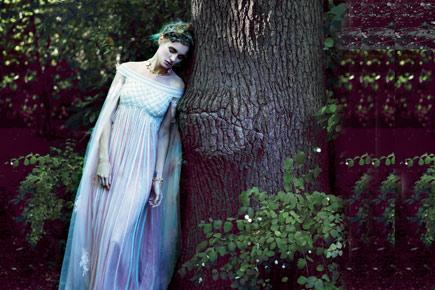
![]() Q. We see designers going separate ways very often. What has kept the two of you united?
Q. We see designers going separate ways very often. What has kept the two of you united?
A. Paras Bairoliya (PB): Like all labels, we do have discussions where we come close to throwing things. But I think of these sessions more as deliberations. And we know that the label and the work is bigger than all of us as individuals and we are responsible for the entire team. We value each other’s opinion enough to not want to forcefully change it.
Shalini Jaikaria (SJ): I trust his opinion and have a lot of respect for what he brings to the company. I know the mutual intention is for the company to grow. Plus we were best friends in college and go a long way back.
ADVERTISEMENT
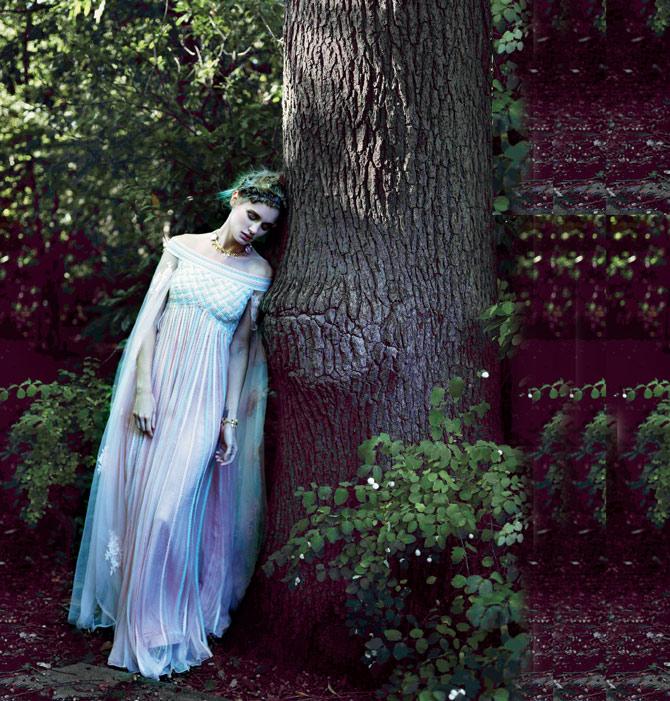
Q. Geisha Designs has evolved from an Indian wear label to a brand that caters to women all over the world. What led to this evolution?
A. (SJ): Our ideology is still the same and we still make clothes that evoke romance, fairy tale and believe in feminism. But the market and practices have changed quite a bit since we started the label 15 years back.
(PB): Today, people no longer change their wardrobe every six months; there are pre seasons too. Compared to the generation of our parents, the level of disposal income is higher, hence the demand is higher too. Plus technology has changed so many things, we can make larger number of garments faster and have fun with it. The garments still have to be prized possessions hand-crafted though.
(SJ): Earlier there were just two or three stores, today we are stocked all over the world. Also, we might still be doing sequin embroidery but the sequins are different, we use laser cutting for fabrics, there is computer precision, and the craftsmen need to be updated with these techniques too. All of this has lead to a change in the output.
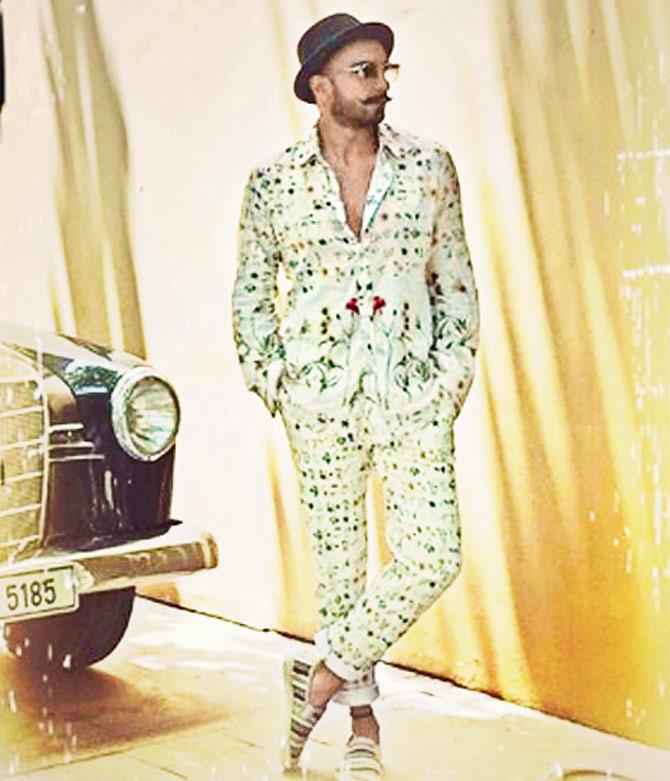
Ranveer Singh wearing a suit by the label
Q. How much has the industry changed over the years?
A. (SJ): The growth has been manifold and the opportunities, many. When we formed the label, the fashion week had just started and the industry was in a nascent stage. People used to work on consignment basis, today there are multiple platforms to sell at.
(PB): There are more people involved too. We would earlier have just four or five craftsmen, but now, teams have to be bigger for a faster supply. Plus the marketing tools have changed drastically. Fifteen years back a label would advertise in a magazine but today there is social media, celebrity appearances, and it is possible for someone to spend '10 on marketing or '10 lakh, depending on the medium, and it works.
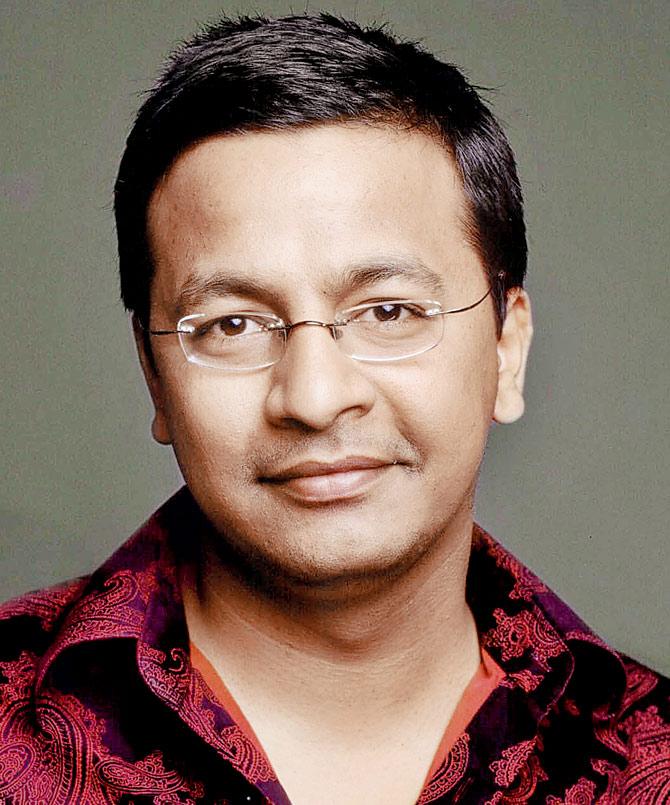
Paras Bairoliya and Shalini Jaikaria; (below) Summer 2016 campaign
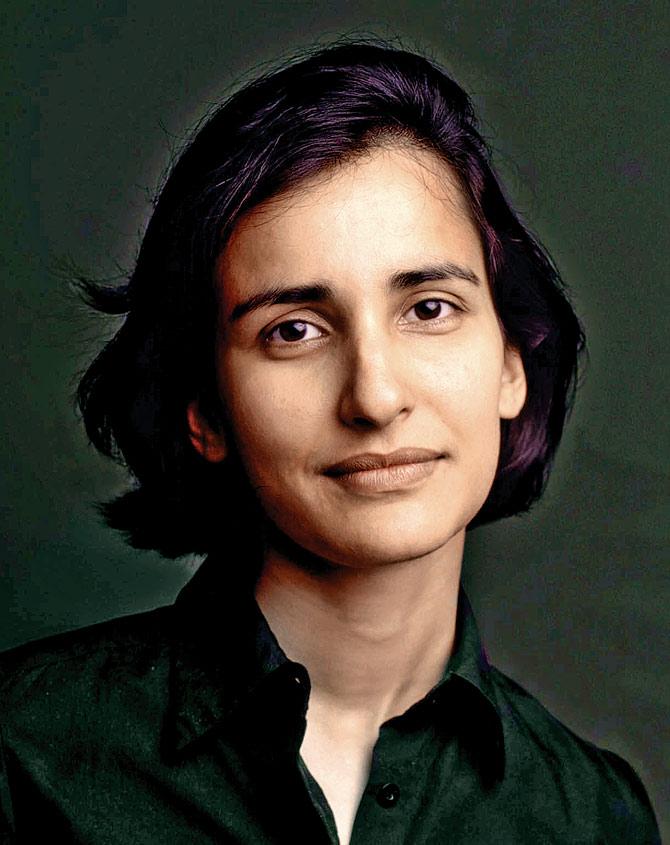
Q. So is it easier today?
A. (PB) The first five years for any new designer are tough, today or back then in 2001. The market might be cut-throat but there is room for more people.
(SJ) And I like the fact that there are multiple fashion weeks as there are large numbers of designers too.
 Subscribe today by clicking the link and stay updated with the latest news!" Click here!
Subscribe today by clicking the link and stay updated with the latest news!" Click here!






